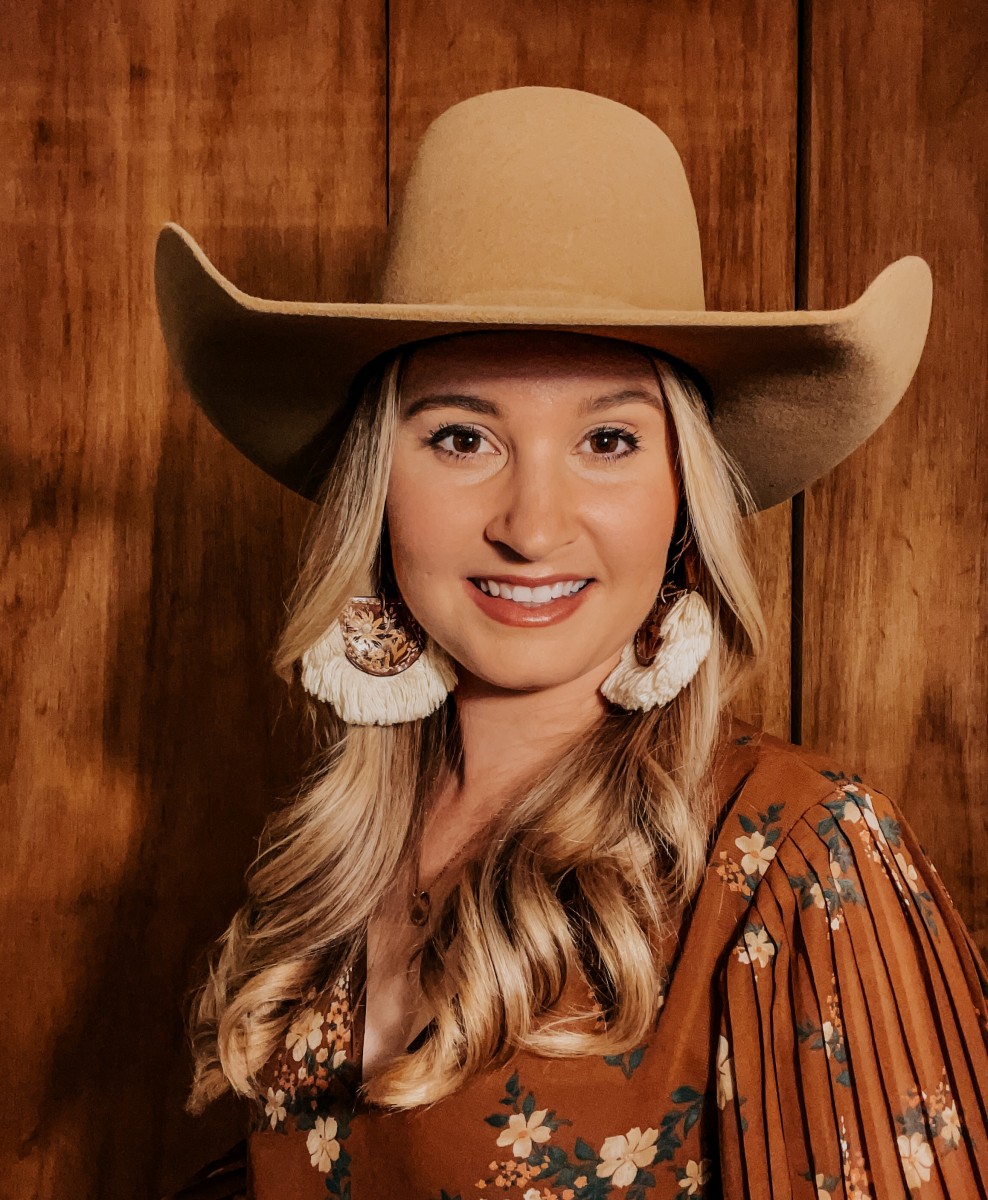California Rancher & Beef Advocate Speaks Out Against LA City Council Resolution
Posting on her growing social media platform was just the start

Markie Hageman couldn’t believe what she’d read, but she knew just how to respond.
The first-generation cattle rancher, who had pivoted away from a career in the fashion industry to start building her own beef cattle herd, suddenly felt like her way of life was under attack. And by the very city she had once set her sights on for a fashion career.
“I’ve made it my mission to advocate for the beef and cattle industries because I live in a state that can be pretty hostile toward animal agriculture, so when I saw that the Los Angeles City Council voted to adopt a resolution called ‘The Plant Based Treaty,’ I knew I had to speak out,” Hageman said.
So, she spoke out on Instagram, the place where almost 19,000 followers know her as “Girls Eat Beef Too.” And she sent Letters to the Editor to more than 15 Los Angeles-area daily and weekly newspapers. “Honestly, I just needed to be heard.”
Hageman is among a growing number of California ranchers who are using their social media platforms to show not just who they are, but how they do what they do: care for their animals and provide a nutritious food in a way that is both responsible and sustainable.
In her Instagram Story, she laid it out like this. “In (The Plant Based Treaty), they (the LA City Council) claim that they no longer support land use change. Except, Los Angeles has a massive urban development footprint, which eats up arable land for more housing and shopping centers. Animal agriculture, on the other hand, allows cattle and ruminants to graze on land to improve its soil, decrease wildfire risk and provide cleaner air and water. We have all seen photos of LA smog caused by countless cars on the road—yet animal agriculture is the problem here?”
As Hageman points out, it is not a focus on plant-based foods that is the issue. “We absolutely need crops, and a diet that includes plants. But we also need to use our land efficiently to feed a growing population.” As she notes, arable land is a finite resource. You could even consider it a diminishing resource when urban sprawl and development gobble up agricultural land. Cities like LA that discourage transitioning land to other uses exacerbate the problem. “Cattle can graze on land that is unsuitable for crop production. These cattle graze on native grasses, promoting carbon sequestration in the soil, and then ‘upcycle’ that grass into beef—a complete protein for humans. And they can do that on land that is rocky, steep, and unsuitable for farming.”
Ruminant animals, like cattle, she said, play a crucial role in the biogenic carbon cycle and in carbon sequestration. Not only do grazing cattle improve soil health, but this managed range land supports biodiversity and provides wildlife habitat. Los Angeles, on the other hand, has played a major role in loss of habitat due to urban sprawl and development, and has contributed to an increase in greenhouse gas emissions thanks to daily commutes and heavy traffic.
“Through this treaty, the LA City Council states they want to transition to more sustainable jobs and healthier living. I don’t know what’s more sustainable than working with natural light while sorting cattle outdoors, instead of in an office that needs power. And I surely know many people in animal agriculture who live very healthy lifestyles.”
The cattle community, she said, is doing more for our environment than the Los Angeles City Council is doing by adopting this treaty. “I keep fighting for animal agriculture because it seems like decision makers in big cities are hypocritical and haven’t gotten out of their area to discover the truth about an industry that feeds the world.”
###
About the California Beef Council
The California Beef Council (CBC) was established in 1954 to serve as the promotion, research, and education arm of the California beef industry, and is mandated by the California Food and Agricultural Code. The CBC’s mission is to position the California beef industry for sustained beef demand growth through promotion, research and education. For more information, visit www.calbeef.org.
About the Beef Checkoff
The Beef Checkoff Program was established as part of the 1985 Farm Bill. The checkoff assesses $1 per head on the sale of live domestic and imported cattle, in addition to a comparable assessment on imported beef and beef products. States may retain up to 50 cents on the dollar and forward the other 50 cents per head to the Cattlemen’s Beef Promotion and Research Board, which administers the national checkoff program, subject to USDA approval.

